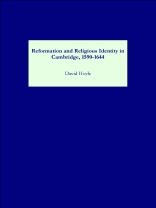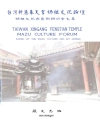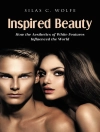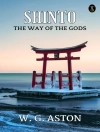A new investigation into the nature and identity of the Church of England on the eve of the Civil War.
The character of the English Church at the end of the sixteenth and beginning of the seventeenth century has always been a contentious historical issue. Concentrating on Cambridge University – where the critical theological debates took place and where new generations were schooled in learning and prejudice – this book aims to shed new light on the question, making use of a wealth of previously underexploited material from the archives of the University and the Colleges, and paying attention to some significant and unjustly neglected figures.
After setting the scene in the seventeenth-century city and university, the book goes on to provide a careful and detailed analysis of the debate about Anglicans and Puritans, Arminians and Calvinists; it offers a lively account of bitter academic and religious rivalries fought out in sermons, academic exercises and in print.
DAVID HOYLE is Canon Residentiary at Gloucester Cathedral and Director of Ministry in the Diocese of Gloucester.
Table of Content
Introduction
Life and Religion in Late Tudor Cambridge
Cambridge and the Boundaries of Conformity
Barrett, Baro and the Foundations of the Faith
Assurance and Anxiety 1595-1619
The Seeds of Contention 1619-1629
`Near Popery and yet no Popery’
`Who Changed Religion into Rebellion?’
Appendix
Bibliography
Index












